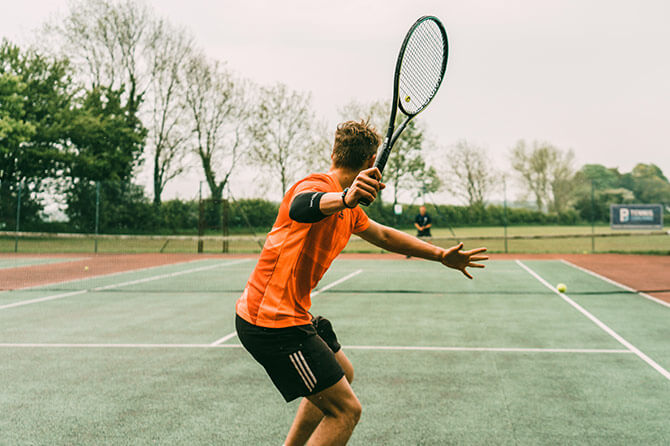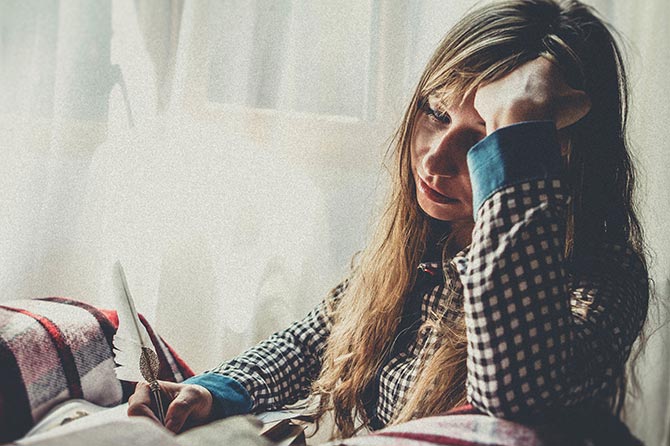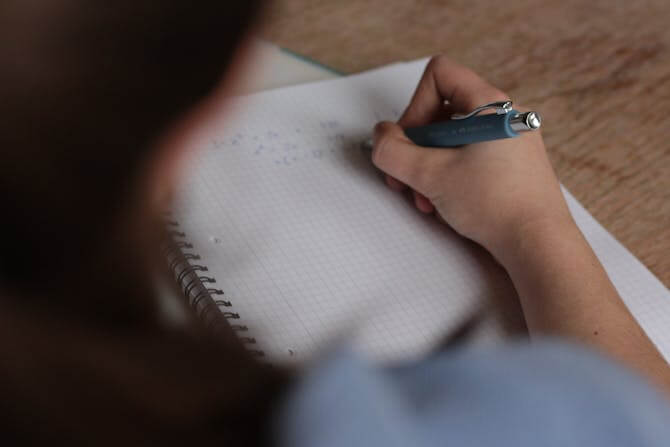
Wimbledon - Dormeo Summer of Sport
For the first time in 3 years, before the world temporarily shut down during the Covid-19 pandemic, the Wimbledon tennis tournament is back! To inspire us all to sleep better, we're taking a closer look at what elite-level tennis players are implementing into their nightly routines to help them recover better, that we can do too.
In the never-ending search to gain an edge, players are beginning to understand that something we all take for granted could be the key to improving their performance; a good night’s sleep.
A night of poor quality of sleep gives rise to the increase in the confusion level during a match amongst the athletes. Due to extreme physical exertion, the shortage of sleep can consequently affect the cardio-respiratory and muscle functions of the player.
More often than not, tennis players tend to get sleep deprivation a night before their match largely due to anxiety, travel and jet-lag. Tennis is a sport which demands an enormous amount of strength, energy and endurance during the match coupled with cognitive skills for determining the accuracy on the court. But no matter how much they practice, all these parameters go out the window if the player experiences sleep deprivation.
Caffeine
We all have had a strong coffee to get through a sleepy patch of the day, but have you noticed you still struggle to concentrate? Tennis players are tending to consume caffeine, which is allowed, in order to recover from their gruelling training sessions. While Caffeine is widely known for fighting tiredness, there isn’t much information on the role of caffeine for the prevention of sleep loss where thinking clearly is one of the main parts of the sport.
Naps
One thing that most elite tennis players have taken to doing during long tournaments like Wimbledon is have a little nap. Players have understood that the quicker they recover, the better they're likely to train and play. Roger Federer once said he needs 11-12 hours of sleep per night, so he might not need a nap during the day!
Using naps as way to refresh yourself during the day can help keep a good sleep routine at night. It may seem counter-intuitive to sleep to get more sleep but, done correctly, a nap can be hugely beneficial.
Home Away from Home
Some find sleeping in places that is not home causes issues with getting a good night’s sleep. Consistently replicating that home environment, when traveling for as many as 30 weeks a year, is far from easy for athletes, especially when factoring in different hotels and apartments, different beds, bed linens and air conditioning.
Brit Andy Murray said there's one thing he tries to keep consistent in his sleep habits. "I always sleep with the air conditioning on," he said. "I know some people hate that. They say it makes them sick, gives them a sore throat. But I always sleep with the air conditioning on, then get under the covers. I sleep better that way.”Having a mattress designed to create the perfect sleeping environment for you should be the first thing to think about when considering your bad sleep. Dormeo has a wide selection of mattresses to suit all bodies and budgets, have a look and see how we can make your sleep better!








Leave a Reply